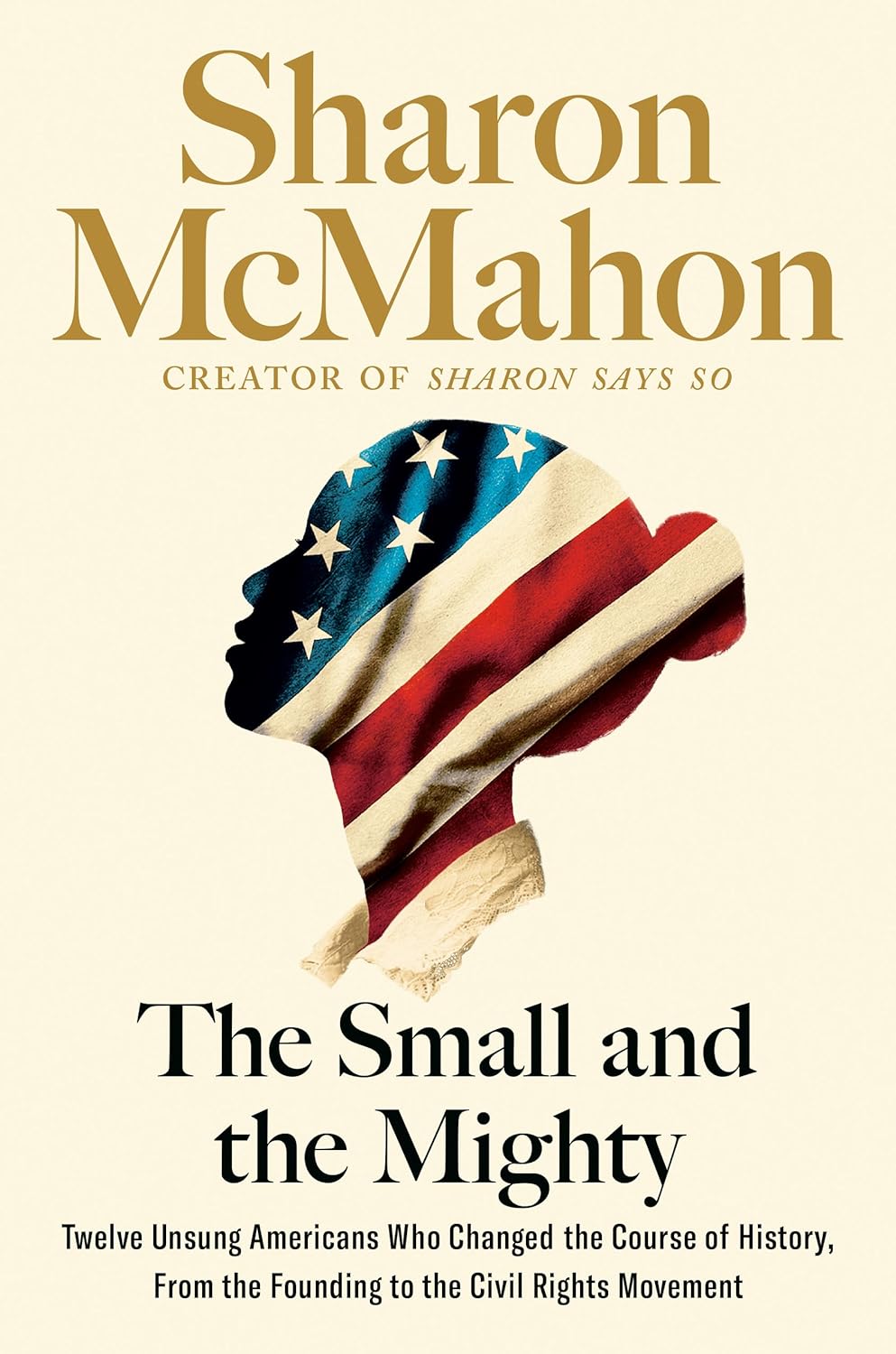Chapter 13: France _1916
byChapter 13 highlights the pivotal role that women played during World War I, especially in the realm of telecommunications. As the United States prepared to enter the war in 1916, the nation’s military was still underdeveloped, but its telecommunication industry, led by companies such as American Telephone & Telegraph (AT&T), was already thriving. In the early 20th century, making a phone call was a far more complex process than it is today. Instead of dialing a number, users had to rely on operators, who manually connected calls using intricate signaling systems. When the United States joined the war, AT&T was enlisted to provide crucial telecommunications equipment, but there was an additional need for skilled operators, many of whom were women. Given the language barriers and the necessity of working in France, a large number of applicants, 223 in total, stepped forward for the position, later to be known as the “Hello Girls.” These women were not just managing calls; they were tasked with ensuring communication across war zones and facilitating operations in a highly sensitive and dangerous environment.
The women who became part of this vital workforce were faced with extreme challenges. Not only did they need to be fluent in French, as they would be stationed in France, but they also had to navigate the hardships of wartime communication, often working under harrowing conditions at the front lines. Although they provided an indispensable service to the military, they faced little to no government support or recognition. Initially, President Woodrow Wilson opposed the idea of granting women the right to vote, which meant that their contributions in public roles were largely ignored. However, their competence and bravery gradually helped change public perceptions. As they proved their value in critical communications during the war, Wilson’s opposition to suffrage began to waver, in part due to the undeniable necessity of their work. Yet, despite their vital role in the war effort, they were still denied the recognition that they deserved, particularly in terms of military status and benefits.
Grace Banker, one of the standout figures among the Hello Girls, led her team to France after undergoing rigorous training. The women had to pay for their own uniforms, which cost approximately $300, a significant expense for most of them at the time. Despite the fact that they adhered to all military regulations and worked in the same conditions as soldiers, the Hello Girls were not granted full military status. Instead, they were classified as contract employees, a decision that excluded them from the military benefits that other soldiers enjoyed. In addition to their communication duties, these operators had to face the dangers of being in a war zone, where their work could mean the difference between life and death for soldiers on the front lines. They were also responsible for facilitating crucial connections between military units, ensuring that vital information and orders were conveyed despite the ongoing conflict. Their role in maintaining lines of communication was central to the success of military operations, and without them, many missions would have been jeopardized.
The chapter also discusses the alternative methods used to communicate across the battlefield, including carrier pigeons. Though initially met with skepticism, the pigeon program proved to be invaluable during the war. Thousands of pigeons were trained to carry messages between military units, and one pigeon in particular, Cher Ami, became famous for delivering an important message while under enemy fire. Cher Ami’s bravery in saving U.S. troops by delivering a vital message symbolized the perseverance and courage that both the Hello Girls and their feathered companions exhibited during the war. Despite the dangers, both the women and the pigeons played vital roles in ensuring that critical communications reached the troops. It is a testament to the creative and resourceful methods used to overcome the logistical challenges of war, especially when traditional communication systems were disrupted by enemy forces.
Despite their tremendous sacrifices, the Hello Girls received little recognition for many years. It wasn’t until 1977, when Congress granted them official military status, that their contributions were finally acknowledged. Their recognition was a long-overdue acknowledgment of the vital role that women played in the war effort, and it was a moment of historical justice. Furthermore, the advocacy and activism surrounding the Hello Girls helped propel the larger suffrage movement forward. Their struggle and contributions were part of the broader movement that led to the ratification of the Nineteenth Amendment, which finally granted women the right to vote. The story of the Hello Girls is not just a tale of wartime bravery, but also a reminder of how women’s rights were earned through years of struggle, sacrifice, and resilience. Their achievements helped to shape a more inclusive and equal society, and their legacy continues to inspire the ongoing fight for gender equality.

